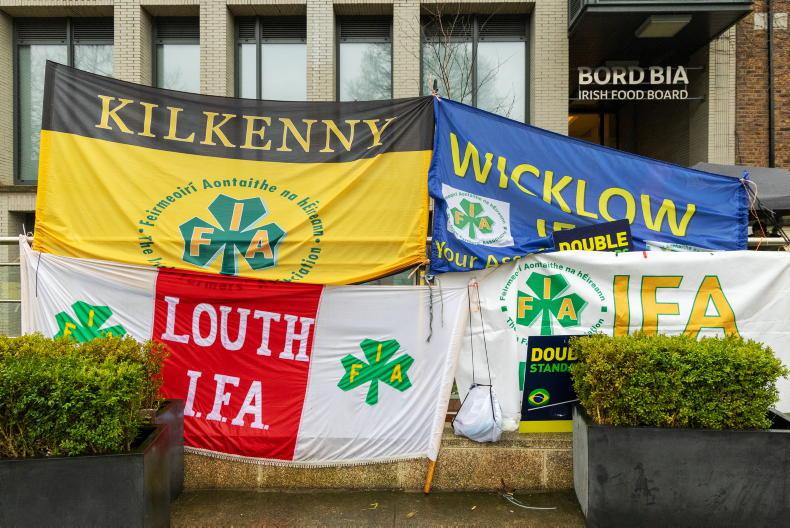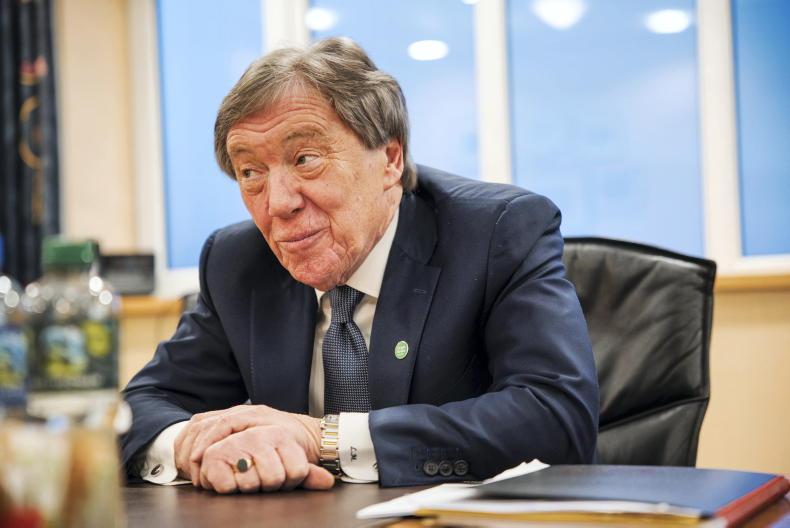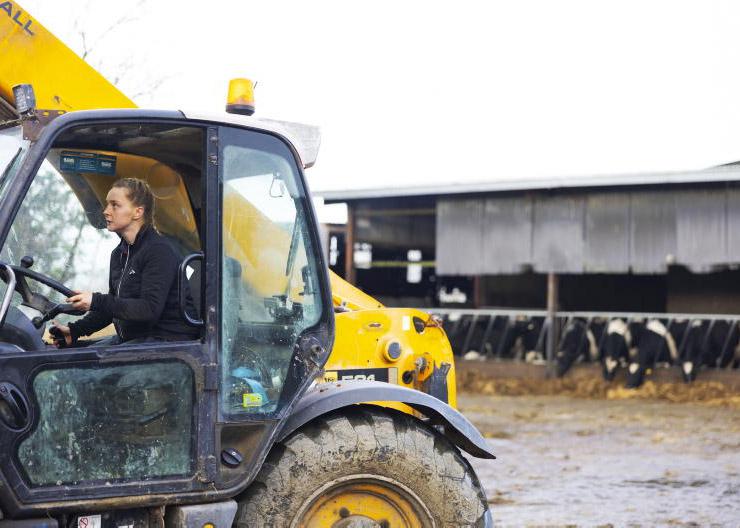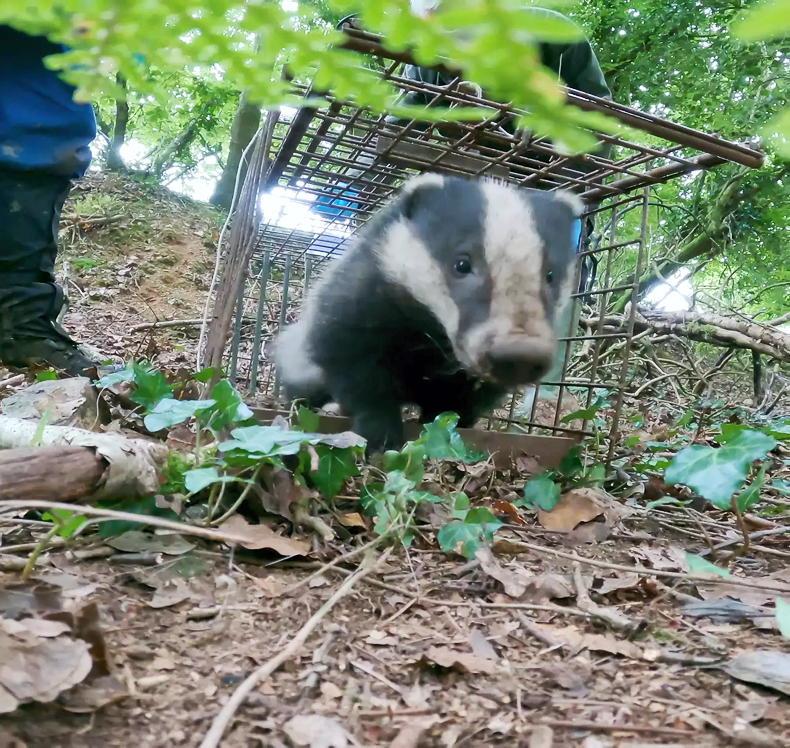The Irish Cattle and Sheep Association (ICSA) has told the Joint Oireachtas Committee on Agriculture that the national TB strategy remains an "aspirational document".
The ICSA told the committee that the strategy is "detached from the practical realities of implementing a programme that is workable and fair to all."
The organisation said that it does not accept the proposition that farmers can be asked to carry more cost, adding that no farmer should be expected to carry an unacceptable financial cost towards the meeting of a national goal.
Key asks
The ICSA has asked that On-Farm Market Valuation (OFMV) be independent in order to reflect the real value of stock and that it is not subject to artificial limitations which deprive farmers of "fair play."
It also said that deer remain a big problem with TB, adding that it is "frustrating that the only answer farmers are getting is to look for a licence to shoot deer."
"We want a proper forum to deal with the issues around deer and other State and State-sponsored bodies such as Coillte need to play their part as good neighbours."
The ICSA also said that any new proposals will only be acceptable as part of an overall package.
"If the Department want pre- or post-movement tests for cattle for fattening or in certain other scenarios, then there has to be an agreement in place for paying for this.
"Farmers already pay enough for the annual herd test and this principle must be respected," ICSA said.
Compensation regime
Hugh Farrell, ICSA's animal health and welfare chair, argued that the compensation regime is generally more favourable to dairy farmers.
"In the case of suckler farmers, the entire business viability is very sensitive to selling at exactly the right time and weight," he said.
Farrell added that this impact is not captured by either the OFMV, depopulation or income supplement grants.
Macra
Macra na Feirme president John Keane asked for annual on-farm walks and demonstrations for farmers to greater understand the risk of TB and put in place measures to reduce the risk.
Increasing awareness around mapping of badger sets and potential wildlife highways and how farmers can manage cattle to reduce the interaction between wildlife and livestock were key asks from the Macra president.
In relation to vaccination of badgers, Keane said that an "extensive, intensive vaccination programme is needed" with maximum coverage among the badger population.
He added that continued measures of the effectiveness of vaccination against transmission and the duration of protection is needed.
"The TB programme must be sustainably and appropriately funded in line with the principles of the National Farmed Animal Health Strategy," Keane said, adding that payments must be front loaded.
He concluded by saying the lack of a sustainable funding model can impede long-term planning needed to eradicate the disease.
ICMSA
Irish Creamery and Milk Suppliers Association (ICMSA) has said that farmers remain unconvinced that the proposals set out by the forum will be effective.
It said the biggest worry from a farmer’s perspective on receiving a positive TB result is the financial impact on their business, as well as the farm management challenges in terms of unexpected increased stock levels or reduced stock numbers.
"The retention of excess dairy calves due to a TB restriction on a holding is particularly stressful for farmers experiencing a chronic breakdown," Lorcan McCabe, deputy president of ICMSA, said.
ICMSA believes that specific herds should be designated (not dealer herds) as designated TB calf-rearing herds with appropriate biosecurity provisions.
ICMSA is also proposing a TB loan repayment break like the recent COVID-19 break for herds who are restricted for over 300 days in the previous 24 months.
"This should be guaranteed by the Department of Agriculture to ensure that no penalties or credit rating issues arise for the farmers in question," he said.
McCabe concluded by saying that the Department should also reinstate the 120-day testing rule for calves, which worked well during the COVID-19 lockdown in 2020 and 2021.
IFA
IFA called for urgency in TB eradication plans in front of the Oireachtas committee, saying that the brunt of efforts to eradicate bovine TB had been borne by the farmers affected by the eradication programme.









SHARING OPTIONS